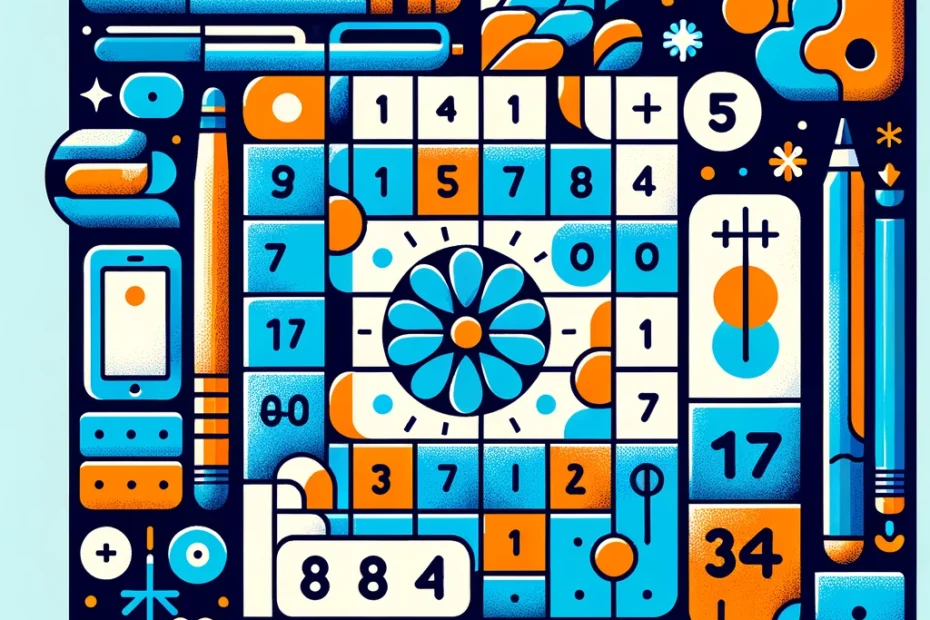Japanese Sudoku has evolved from a mere pastime to a cultural and logical puzzle phenomenon, captivating minds globally. This brain-teasing game originated in Japan but has now gained international acclaim. In this guide, we delve into the historical context, cultural significance, and logical intricacies that make Japanese Sudoku a beloved pursuit.
Origin of Japanese Sudoku
The roots of Sudoku can be traced back to the late 18th century when a Swiss mathematician named Leonhard Euler developed a similar concept known as “Latin Squares”. However, it wasn’t until 1984 that the modern form of Sudoku was popularized by the Japanese publisher Nikoli, who branded it “Sudoku,” meaning “single number.”
Historical Milestones
| Year | Event |
|---|---|
| 1783 | Leonhard Euler introduces Latin Squares |
| 1984 | Nikoli publishes modern Sudoku in Japan |
| 2005 | Sudoku gains global popularity |
Cultural Influence
In Japan, Sudoku is more than just a game; it’s an integral part of daily life. It is commonly found in newspapers, magazines, and even on mobile apps. The game’s appeal lies in its simplicity yet challenging nature, making it suitable for all age groups. Schools incorporate Sudoku puzzles into their curriculum to enhance logical thinking among students.
Popular Platforms
- Newspapers & Magazines
- Mobile Apps
- Educational Textbooks
Logical Structure of Japanese Sudoku
The objective of Sudoku is straightforward: fill a 9×9 grid so that each column, each row, and each of the nine 3×3 subgrids contain all of the digits from 1 to 9. However, don’t be fooled by its apparent simplicity. Mastering Sudoku requires strategic planning, attention to detail, and a methodical approach.
Steps to Solve Sudoku
- Start with rows and columns containing the most numbers.
- Use the process of elimination for empty cells.
- Focus on one 3×3 subgrid at a time.
- Keep an eye out for hidden pairs and triples.
Benefits of Solving Sudoku
Engaging in regular Sudoku puzzles offers numerous cognitive benefits. It improves concentration, enhances memory, and promotes analytical thinking. Moreover, it serves as an excellent stress-reliever, providing a mental escape from daily hassles.
Cognitive Benefits
| Benefit | Description |
|---|---|
| Improved Concentration | Focusing on puzzle-solving helps enhance attention span |
| Enhanced Memory | Remembering numbers and their positions boosts memory retention |
| Analytical Thinking | Strategic solving enhances problem-solving skills |
In conclusion, Japanese Sudoku is a fascinating blend of culture and logic that has captured the hearts of puzzle enthusiasts worldwide. Its rich history, cultural significance, and cognitive benefits make it a timeless exercise for the mind. Whether you’re a novice or an expert, the rewarding challenge of Sudoku awaits.
